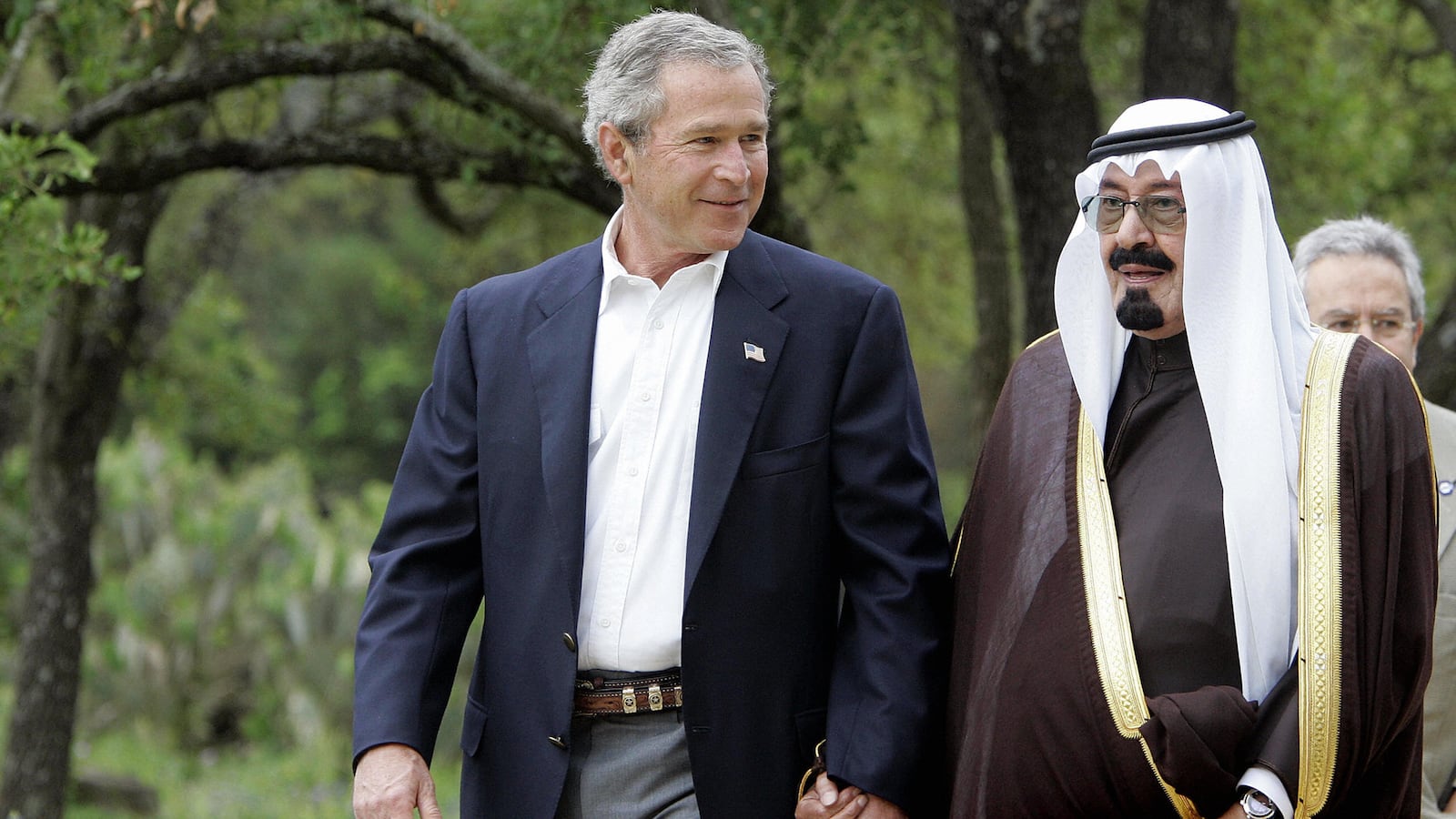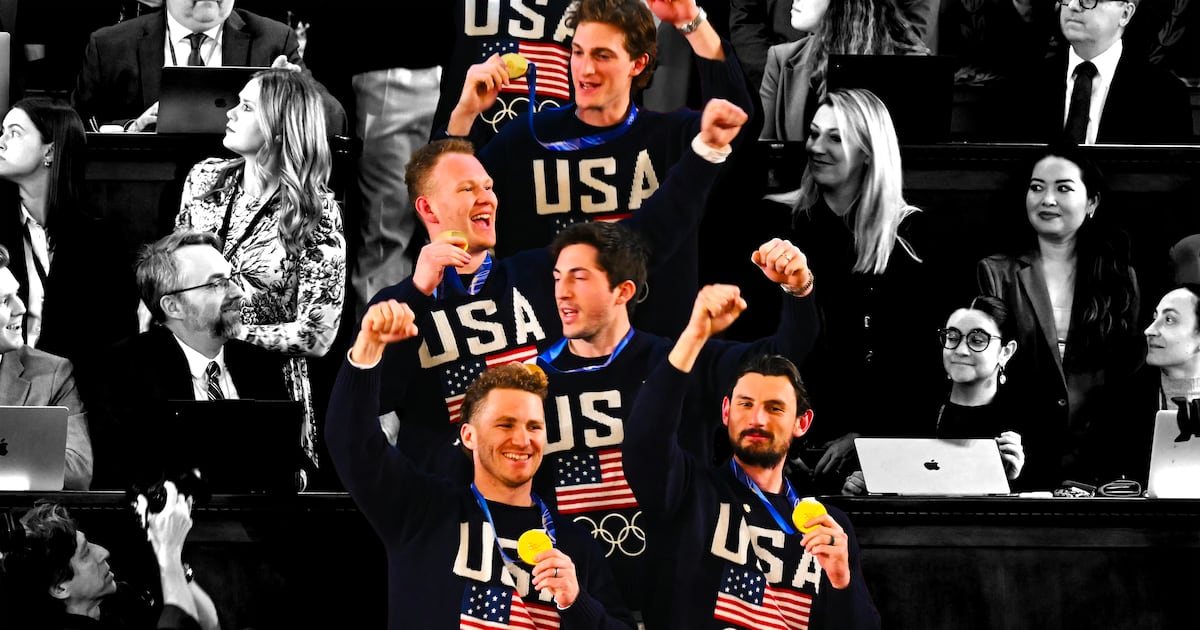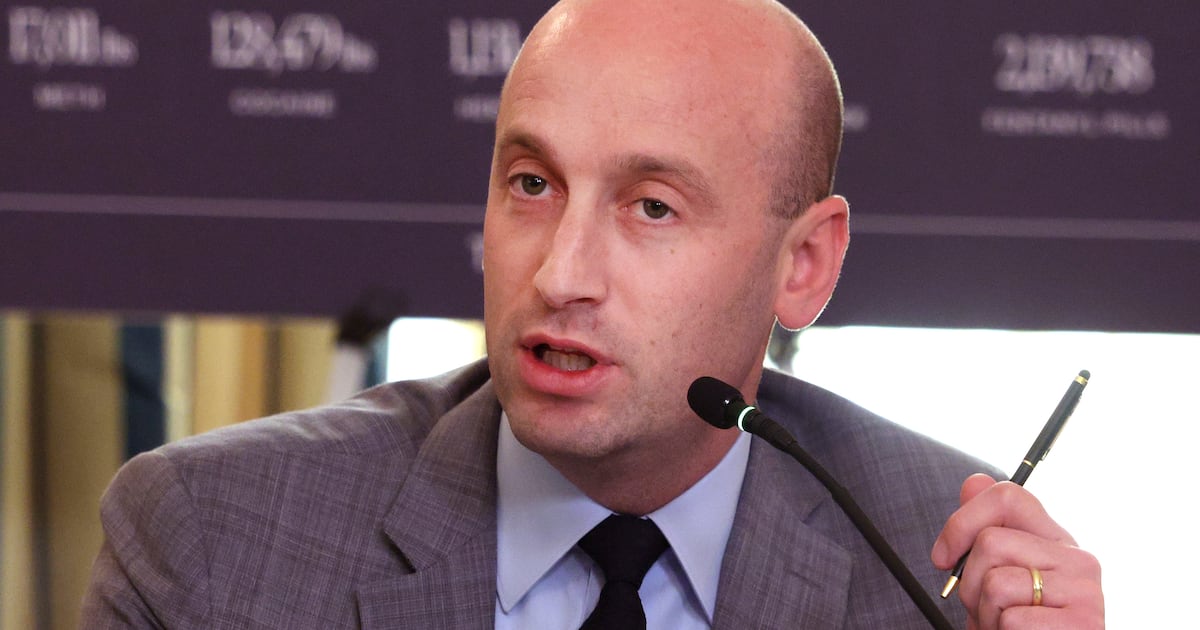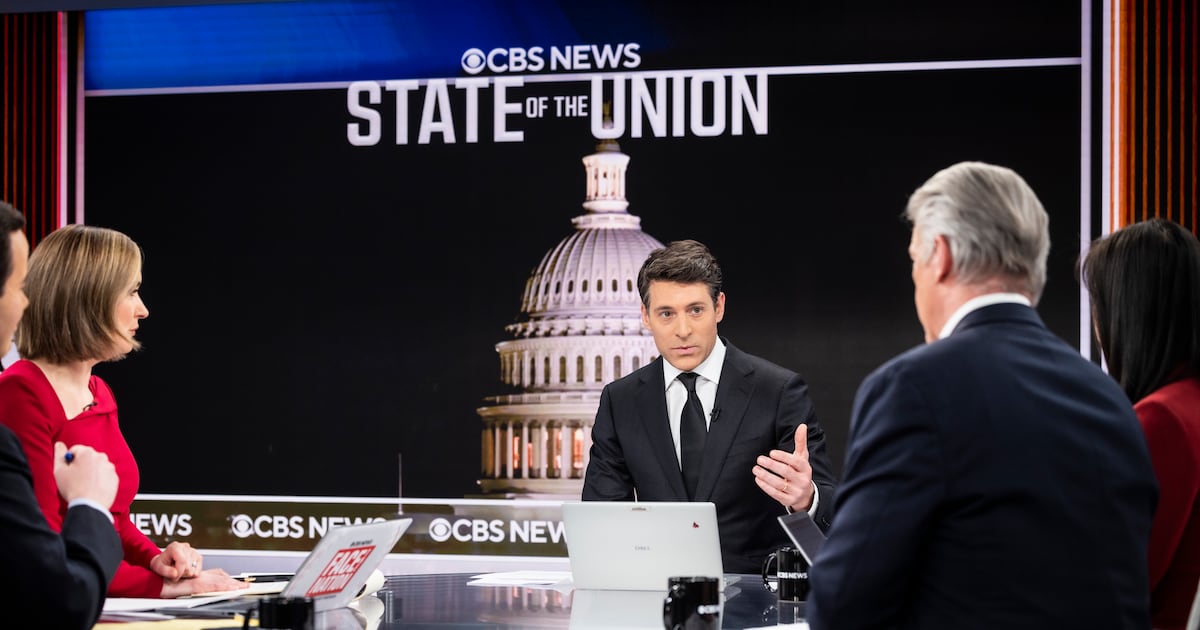Men don’t touch each other anymore, at least not very often or without excuse. For the average straight American man, physical contact is most often gruff—a pat on the back, a punch on the arm, or, most warmly, a firm handshake—and the only socially acceptable way to express emotional closeness is through irony. We show people we care by ribbing and insulting them, and nothing more sincere than that can be expressed without some kind of cover (alcohol is a common one, and films like Superbad serve as good examples).
The only way we seem to know how to talk about closeness is in romantic terms, and that’s obvious in the language we use (“bromance”) and in how often male relationships are played up as romantic for laughs. All the cultural scripts we have to describe platonic male affection and friendship seem either ironic or nonexistent. In 22 Jump Street, a running joke is that police officers played by Jonah Hill and Channing Tatum quarrel like a couple, experience jealousy as if they were a couple, and even break up and reconcile like a couple. Looking at how the real and messy and complex friendships at the center of television shows like Comedy Central’s Broad City or HBO’s Girls (NSFW; it’s HBO’s Girls), it’s hard to imagine male friendships playing out similarly.
This isn’t just something prevalent in pop culture. A comprehensive review in 2011 showed that same-sex friendships in women involve more dialogue, personal disclosure, guidance, and affection. Same-sex friendships in men are seen as more competitive and less important and supportive. On the whole, friendships among women were more personal and intimate than friendships among men.
It hasn’t always been this way. To look through old photographs from the 19th century is to feel startled at the closeness and physical contact men at the time casually shared. Though it was used as flimsy evidence that he was gay (and the basis for the Log Cabin Republicans), Abraham Lincoln famously shared a bed with his close friend Joshua Speed in a practice that wasn’t at all uncommon at the time. When I told a good friend of mine I was working on this piece, he mentioned that practices like this are still common in India, at least among the upper classes. As an exchange student in high school, he told me that his two roommates pushed their three beds together and slept like this for his whole stay.
Looking further back in classic literature, there are heroic figures with intense friendships, like Gilgamesh and Enkidu or Achilles and Patroclus. These pairs held hands, expressed affection, and in typical epic style became nearly inconsolable and mad when (spoiler alert) their cherished comrade died, promising and eventually enacting revenge.
Hand holding and cuddling among men might seem weird today, but it’s the norm in other times and places. That it’s unusual to us says more about our cultural concepts of masculinity than it does anything else. It’s like we inherited a cheap decoder ring from our 21st-century-America-brand cereal, and it translates “healthy and normal expressions of affection between men” as “totally gay.”
I started to think about friendship and physical touch when Anthony Esolen, an English professor and Catholic writer at Providence College, spoke at my school a few years ago. His talk caused controversy, as did the response of LGBTQ groups. Esolen had written about the decline of male friendship, and while I think he overstates and misdiagnoses the problem—to him the culprit is sexual revolution and the prevalence of homosexuality—I think a problem really is there.
Esolen is almost a cheap and easy target. His entire point seems to rest on an analogy between homosexuality and pedophilia—if child molestation were common and accepted, we would rightfully police even innocent gestures that express affection between adult and child. Wouldn’t this harm the parent-child relationship, the logic goes? Wouldn’t we be less comfortable laying a comforting hand on our children?
But this analogy seems to miss that gay relationships are consensual while pedophilia, by nature, can’t be. Esolen isn’t satisfied by consent as a relevant difference since, according to him, child prostitutes in Bangkok are able to consent (I'm serious; read four and five paragraphs down).
It’s obvious, then, that the problem isn’t homosexuality but homophobia. If it weren’t so threatening to seem gay, there wouldn’t be a need to police the appearance of it so firmly. Culture has been giving us a choice since the latter half of the 20th century: seem gay or be lonely. That so many choose “be lonely” shows only the depth of our collective gay panic.
I’m not just speculating, as Esolen does. This is at heart an empirical question—in what conditions is platonic male affection common and in what cases is it restricted? One way to go about answering it is to explore groups of men where homosexuality is destigmatized. Do we see less emotional and physical intimacy, as Esolen might predict, or more?
A sociologist, Eric Anderson, has been conducting research on masculinity and homosexuality for more than 10 years. Looking at sports teams and schools in both the U.S. and U.K., he’s shown that these contexts are becoming much more tolerant of homosexuality but also more willing and likely to act in ways previously deemed feminine or gay.
In one such study, Anderson and a collaborator, Mark McCormack, spent five months in a British high school, hanging out in the common room, an area usually unsupervised by teachers. Reading the methodological notes was a fun experience—the researchers describe dressing like students, listening to popular music and watching popular shows, looking the other way as students broke rules (such as copying homework), and even breaking rules themselves (like starting volleyball games in the common room). They noted that they were invited to bars and house parties, and they corroborated their observations of student behavior with school staff.
The school was demographically similar to England as a whole and very middle class. All the students interviewed, though, were strongly against homophobia. One student interviewed said homophobia was actively policed by his peers: “When I was in middle school, some kids would say ‘That’s gay’ around the playground, but they wouldn’t get away with it any more.” Another said, “You might find [homophobia] before [high school], but not here. It’s just not acceptable anymore.” The researchers note that they never heard any homophobic slurs used, and this was supported by interviews with openly gay students.
Though some physical and emotional intimacy was treated ironically (such as saying “I’m turned on” and laughing after a long hug between friends), physical touch and intimacy were widespread and usually went without comment. The researchers describe physical intimacy among the students as immediately apparent. Students lounging in the common area played with each other’s laces, sat in each other’s laps, stroked each other’s legs, held each other’s hands, and threw arms around each other’s waists. This is far from Esolen’s idea of male friendship on life support, reduced by gay tolerance to little more than drinking beer together and watching sports.
To Esolen, close male friendships require that gay sex is either treated “as a matter of course for everyone” or deeply stigmatized, but he misses an important middle ground—not worrying about gay sex too much at all, treating it as no more relevant to same-sex friendships as straight sex is to friendship between men and women.
I don’t think Esolen is necessarily representative of the broader Catholic view, and I ought to give credit where credit is due in acknowledging that Catholic writers like Leah Libresco and Eve Tushnet have shaped my thought here substantially, even if this atheist doesn’t always agree. But friendships are important, and the benefits of touch are well noted. Thankfully, as we continue to grow more tolerant and less panic-driven by the prospect of loving gay relationships, we’ll get closer to reclaiming the friendships that prejudice took away.






